New research published in the journal Diabetes & Metabolic Syndrome: Clinical Research and Reviews has found that a commonly added food has the ability to lower blood sugar.
Scientists from six medical universities in Iran conducted a systematic review and meta-analysis of 13 studies including 731 diabetic participants, to assess the effects of sesame on glycemic control, blood lipid levels, inflammation, and other factors in diabetic patients.
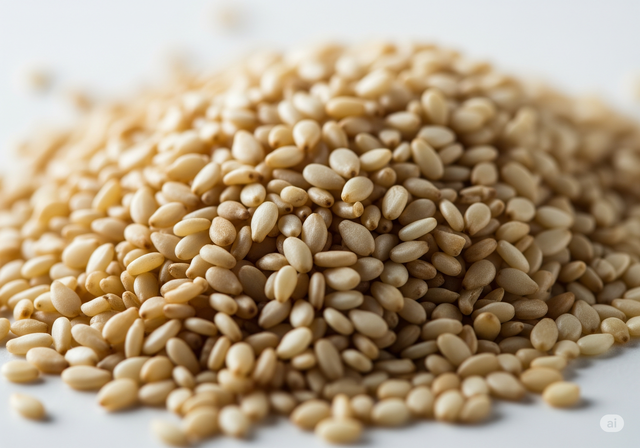
Adding sesame seeds to the diet can lower both blood sugar and blood lipids in people with diabetes.
Photo: AI
Participants were supplemented with sesame seeds in various forms – as sesame oil, sesame seeds, or capsules – at doses ranging from 200–60,000 mg per day. Interventions lasted for 6–12 weeks.
Researchers measured blood sugar, cholesterol, antioxidant capacity, weight, and markers of inflammation.
Eating sesame seeds helps reduce blood sugar after meals
Results found that consuming sesame seed products significantly improved several cardiovascular risk factors in people with diabetes, according to health news site Eating Well.
Specifically, consuming sesame has the following effects:
- Fasting hypoglycemia.
- Reduced average blood sugar HbA1c.
- Reduces blood sugar after meals.
- Reduce bad cholesterol.
- Reduces total cholesterol and triglycerides.
- Increases the concentration of antioxidant enzymes.
These changes suggest that sesame may help regulate blood sugar, improve lipid profiles, and protect against oxidative stress – three important targets in diabetes management and reducing the risk of heart disease. This suggests that sesame seeds have potential as a functional food for diabetes.
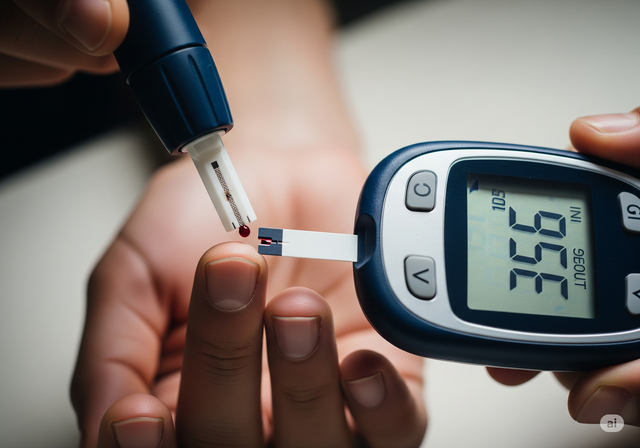
Diabetes not only affects blood sugar levels, it also contributes to a host of problems that increase your risk of heart attack or stroke.
Illustration: AI
However, the effect appears to decrease after sesame supplementation is stopped, meaning supplementation needs to be maintained long-term.
Sesame seed supplementation significantly improved cardiovascular risk factors in diabetics, highlighting its potential as an intervention to manage diabetes complications, the researchers concluded, according to Eating Well.
Large-scale trials are needed to confirm efficacy and guide clinical practice, the study authors said.
Of course, people still need to combine medical treatment, physical activity and a balanced diet. People who are taking medication for diabetes or cholesterol should consult their doctor before making any major changes.
Source: https://thanhnien.vn/phat-hien-suc-manh-ha-mo-mau-duong-huyet-tu-loat-hat-nho-ma-co-vo-185250716160101144.htm


![[Photo] Flooding on the right side of the gate, entrance to Hue Citadel](https://vphoto.vietnam.vn/thumb/1200x675/vietnam/resource/IMAGE/2025/10/28/1761660788143_ndo_br_gen-h-z7165069467254-74c71c36d0cb396744b678cec80552f0-2-jpg.webp)
![[Photo] National Assembly Chairman Tran Thanh Man received a delegation of the Social Democratic Party of Germany](https://vphoto.vietnam.vn/thumb/1200x675/vietnam/resource/IMAGE/2025/10/28/1761652150406_ndo_br_cover-3345-jpg.webp)

![[Photo] Draft documents of the 14th Party Congress reach people at the Commune Cultural Post Offices](https://vphoto.vietnam.vn/thumb/1200x675/vietnam/resource/IMAGE/2025/10/28/1761642182616_du-thao-tai-tinh-hung-yen-4070-5235-jpg.webp)




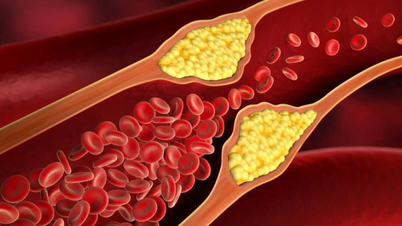











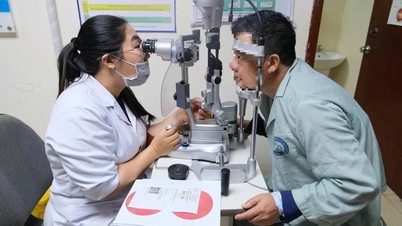












![[Photo] President Luong Cuong attends the 80th Anniversary of the Traditional Day of the Armed Forces of Military Region 3](https://vphoto.vietnam.vn/thumb/1200x675/vietnam/resource/IMAGE/2025/10/28/1761635584312_ndo_br_1-jpg.webp)
























































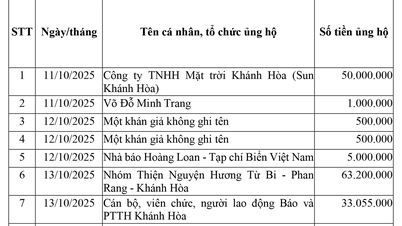




















Comment (0)